Governments Leading the Way
Around the world, government bodies have proposed and passed policies, resolutions and building codes relating to building with CO₂ mineralized concrete and reducing embodied carbon in the built environment.
To learn why policy change is necessary to achieving a 500 million tonne reduction of CO₂, read CarbonCure’s Path to the Decarbonization of Concrete.
United States Federal Buy Clean
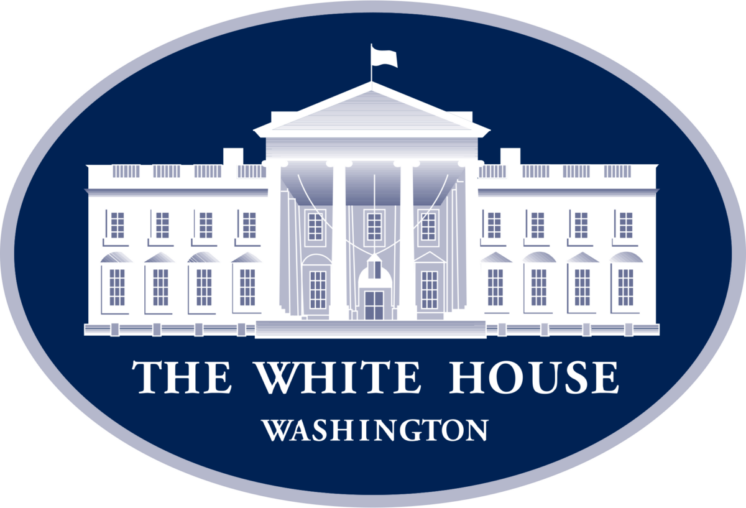
In a groundbreaking decision, the United States government established a multi-agency Buy Clean Task Force to promote the use of construction materials with lower lifecycle emissions (February 2022.) Through this decision, any supplier or builder of federal projects will need to measure the emissions impact of their manufacturing and will be incentivized to lower their process emissions. Learn more below.
The First Movers Coalition leverages collective purchasing power from companies to send a clear demand signal to scale up critical emerging technologies essential for the net-zero transition.
Executive Order on Catalyzing Clean Energy Industries and Jobs Through Federal Sustainability, demonstrating how innovation and environmental stewardship can protect our planet, safeguard Federal investments against the effects of climate change, respond to the needs of all of America’s communities, and expand American technologies, industries, and jobs.
The United States Federal Sustainability Plan that delivers an emissions reduction pathway consistent with President Biden’s goal of reducing U.S. greenhouse gas emission by 50–52 percent from 2005 levels by 2030 and limiting global warming to 1.5 degrees Celsius, as the science demands.
Australia Standards update to include CarbonCure

Australian Standard AS1478.1 is widely recognised as the benchmark for special needs concrete admixtures in the Australian concrete industry. This standard sets stringent requirements for quality, performance, and safety in chemical admixtures. CarbonCure’s innovative technology for ready-mix concrete, centred around utilising captured carbon dioxide (CO2) during the batching process, has successfully met and exceeded these rigorous criteria.
This milestone further supports the Australian markets embrace of CarbonCure as the “must have” sustainability solution in concrete construction.
California Making History
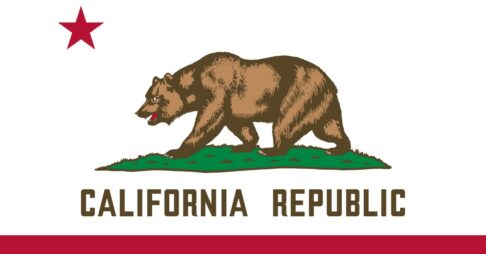
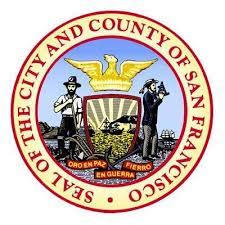
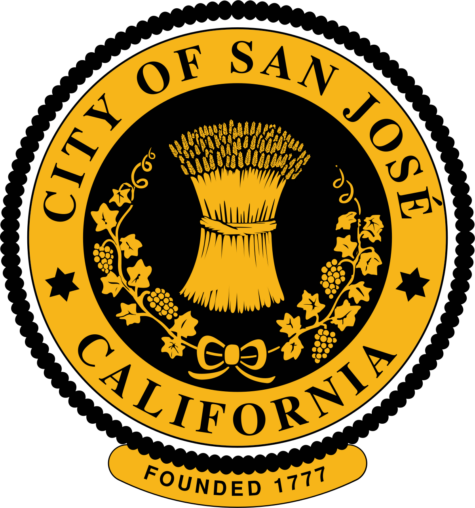
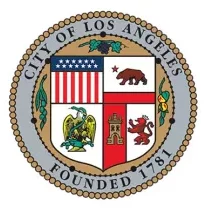
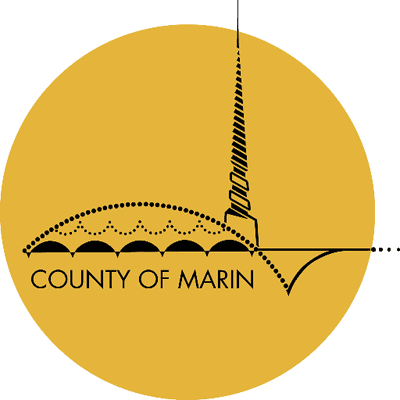
On January 1, 2020, California’s Marin County passed the Bay Area Low-Carbon Concrete Codes, the first in North America. It sets maximum limits for the usage of cement in concrete based on carbon emissions, also referred to as Global Warming Potential (GWP).
In November of 2022, the city of San Jose completed a pilot project aimed at reducing the carbon footprint of their concrete construction works. Following the pilot, the city updated their specifications, and now requires low carbon concrete for all curb ramp construction.
The cities of San Francisco and Los Angeles are both signatories to the C40 Clean Construction Declaration, which calls for the use of low-carbon materials like low-carbon cement and concrete in new construction and renovation projects. Learn more about both cities’ involvement here.
California SB-596 is underway, driving for net-zero emissions of greenhouse gases associated with cement used within the state as soon as possible. Bills ensuring emissions reduction in concrete production are likely to follow, and producers can prepare now – learn more in our recent blog.
Chicago Department of Transportation Includes CarbonCure

In June of 2019, Chicago’s DOT added CarbonCure to its approved list of cement reducing concrete admixtures. In 2023, the Chicago DOT budget was more than $1.3 billion.
Carolinas Open up to CarbonCure
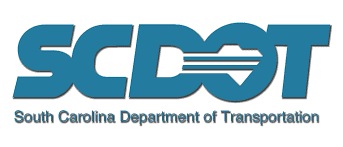
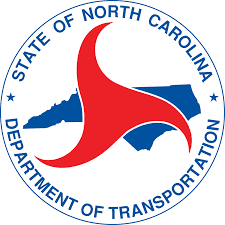
Summer 2023: Both North Carolina and South Carolina‘s DOT have BOTH approved CarbonCure to be used as an ASTM C494 Type S admixture for state Department of Transportation projects. This means concrete producers can submit mix designs that include CarbonCure for government-related construction.
Colorado Buy Clean Act
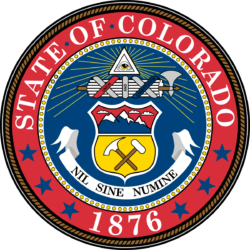
Colorado bill HB 21-1303 requires the state to establish maximum carbon content limits for construction materials including concrete, and requires concrete producers to disclose the carbon content of products purchased by state agencies through the use of Environmental Product Declarations. In conjunction with this bill, the Colorado DOT has added CarbonCure to their list of approved products.
Hawaii Setting the Precedent
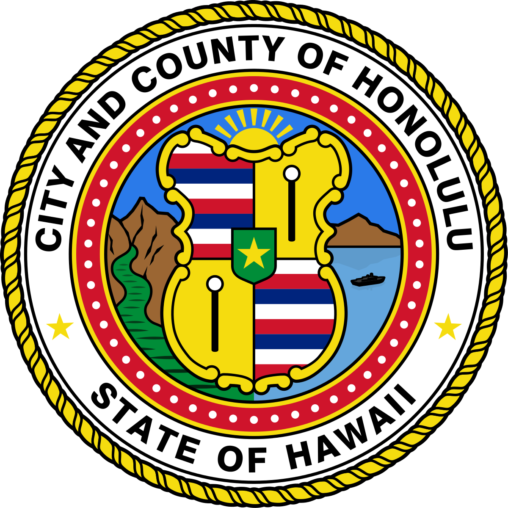
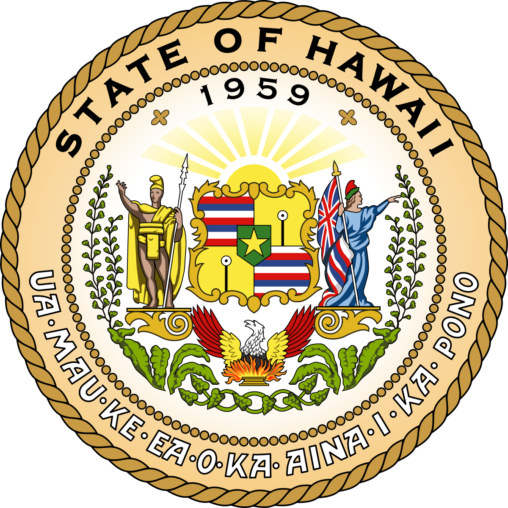
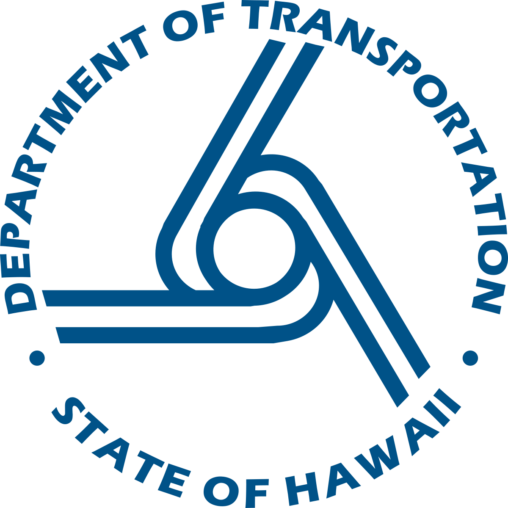
In January 2019, the State of Hawaii tabled legislation which would require “all state building construction that uses concrete to use post-industrial carbon dioxide mineralized concrete unless use of these materials will increase costs or delay construction.”
In April 2019, Honolulu, Hawaii became the first municipality to pass a resolution that “requests the city administration to consider using carbon dioxide mineralization concrete for all future city infrastructure projects utilizing concrete.”
And in July, 2019, the Hawaii Department of Transportation approved CarbonCure concrete for all flat work, like roads and sidewalks.
Iowa DOT expands approved product list

In April of 2021, the Iowa Department of Transportation conducted an assessment of CarbonCure as a carbon reducing, strength enhancing admixture. The department added CarbonCure to the Iowa Materials Approved Product List Enterprise (MAPLE) and is approved for use across the state.
New Jersey's low carbon tax incentive program
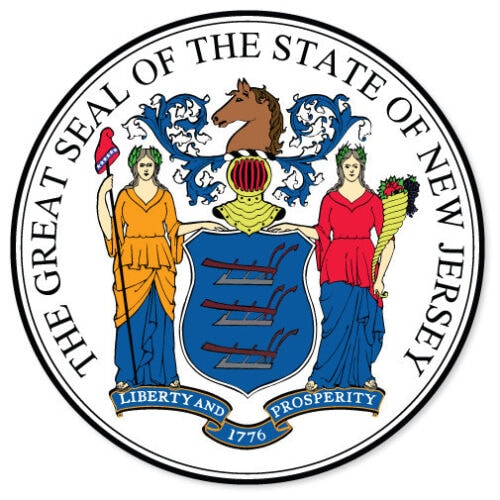
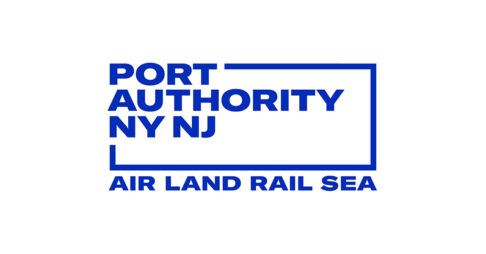
In September of 2020, the Port Authority of New York and New Jersey announced today the implementation of a Clean Construction Program, one of the most ambitious programs of its kind among U.S. transportation agencies, that will reduce carbon emissions throughout the design and construction processes. In particular, the program specifies low carbon concretes and will launch pilot projects to develop low carbon concrete and materials options.
On January 30, 2023, LECCLA was signed into law in New Jersey. In 2024, any state funded project of at least 50 cubic yards of concrete will be eligible for a tax credit if the concrete poured has a quantifiable reduction in embodied carbon. For more info, click here.
New York State's Ambitious Climate Goals

One of the most ambitious climate laws in the nation, New York’s Climate Leadership & Community Protection Act requires New York to reduce economy-wide greenhouse gas emissions 40 percent by 2030 and no less than 85 percent by 2050 from 1990 levels. The state’s Office of General Services limits cement content in concrete and encourages providers to consider CCUS with additional cement reduction.
Oregon's coastal capital limits embodied carbon
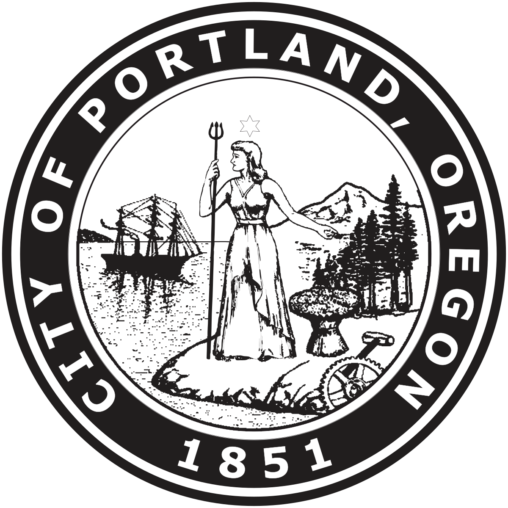
In May 2022 Portland announced its maximum Embodied Carbon Thresholds for concrete mixes used on City construction projects, which will go into effect January 2023. Portland followed a set of steps to review and approve these limits – view their report here.
Texas challenges the status quo for building
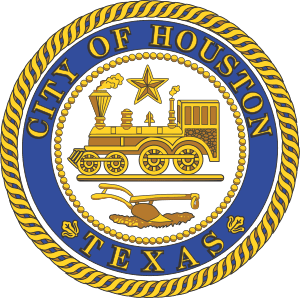
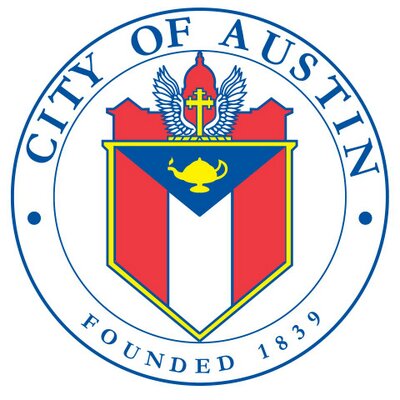
Houston, Texas, is one of America’s biggest cities – and they implemented their Green Action Plan in 2020. One included objective is to reduce Houston’s greenhouse gas emissions by 80% by 2050, compared to 2005 levels – partly through the adoption of green building standards, such as LEED certification, for both public and private buildings. Our blog explains more.
In April of 2023, Austin, Texas, passed a resolution directing the City Manager to create a plan and implementation schedule for transitioning the City to sustainable low embodied carbon concrete. This initiative further demonstrates Austin’s commitment to environmental sustainability and also presents a unique opportunity for concrete producers who prioritize low carbon concrete production.
Canada's west coast implementing municipal changes

British Columbia’s City of Langford has implemented one of Canada’s first low-carbon concrete policies for their public works. Effective June 1, 2022, all concrete supplied to City-owned or solicited projects, and private construction projects greater than 50 cubic meters, will be required to be produced using post-industrial carbon dioxide (CO2) mineralization technologies, or an equivalent which offers concrete with lower embodied CO2.